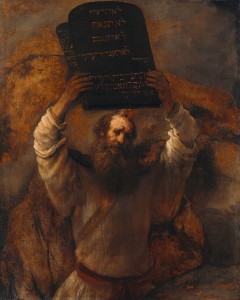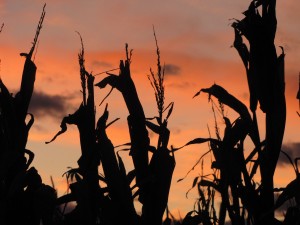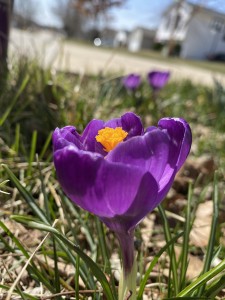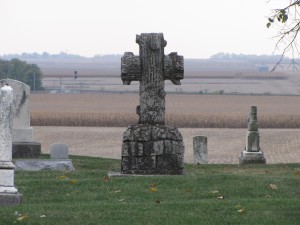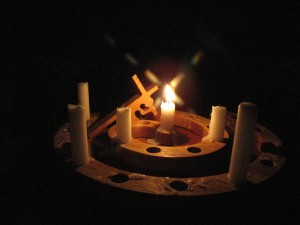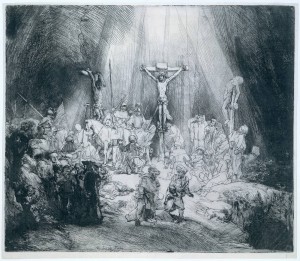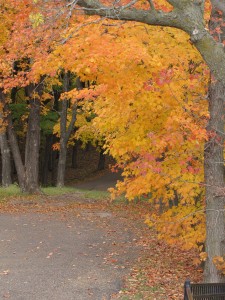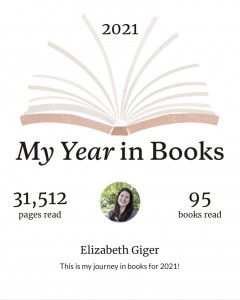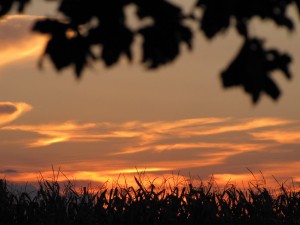I recently read an article in the Wall Street Journal about making and sustaining friendships in middle age.
The article included advice such as just ask, create a routine, schedule time, and even try a friendship matchmaking site.
It made me think of my own friendships, the new ones and the old ones, the ones were good for a season but then faded away and the ones that have lasted over many seasons of life.
Jesus called us friends. Did you know that? I had been a Jesus follower for an embarrassingly long time before I knew that.
No longer do I call you servants, for the servant does not know what his master is doing; but I have called you friends, for all that I have heard from my Father I have made known to you.
Friendship with God, however, does not mean comfort and ease. True friendship, even earthly friendship, does not mean that you indulge your friend or always give him or her what they want. A true friend will sometimes tell you things you don’t want to hear, will do things that seem painful to you because they want to help you be the best you you can be.
When I look in Scripture at those who have been called a friend of God, this is the kind of friendship I see.
Who in Scripture has been called a friend of God?
Abraham and Moses.
What do we see when we look at the lives of both Abraham and Moses?
Definitely not comfort and ease.
I see uncertainty, hardship, loss, sacrifice …
God didn’t call Abraham to go lie in a hammock under a palm tree but to leave his home on an uncertain, dangerous journey towards an already occupied land.
God didn’t call Moses to continue living a life of ease in the palace, secure in his position of power, but to challenge that power and then leave on an uncertain, dangerous journey (while leading a gaggle of cranky, complaining people) towards an already occupied land.
God demands a lot of his friends.
In the verse before the one where Jesus calls us friends instead of servants, he says that we are his friends if we do what he commands us.
Expectations color our experience, and we need to know what to expect as friends of God.
Jesus warned us to expect trouble in this world, and we need to be careful not to expect things of God that he has not promised.
Scripture is so important. We must know what God means when he says that we are his friend.
It is a dangerous thing to be a friend of God.
And at the same time, even while God demands everything of us, he also has given us everything.
The verse before Jesus instructs us to obey his commands?
Greater love has no one than this, that someone lay down his life for his friends.
Before he demanded anything of us, before we were friends of God, while we were still set against him,
Christ died for us.
What do I see when I look at the lives of Abraham and Moses?
I see intimacy, companionship, purpose, hope, …
And that is what the friendship of God and Abraham is all about. Abraham was in touch with the God who was in touch with him. He accepted God’s concern for him as the reality of his life, and he returned it by making God the center of his life. (maybe end quote there or maybe this bit too:) He obeyed, he journeyed, he prayed, he believed, and he built altars. He did none of this perfectly. But perfect is not a word we use to describe friendship relationships. Perfect is a word that refers to inanimate things – a perfect circle, say, or a perfectly straight line. With persons we talk of response, growth, listening, and acting. Abraham did all of that in relation with God, whom he was convinced was determined to be a good friend to him.”~ Eugene Peterson in As Kingfishers Catch Fire
It is a glorious and beautiful thing to be a friend of God.
Art credits: Abraham Visited by Three Angels by Jacques Gamelin; Moses with the Ten Commandments by Rembrandt




